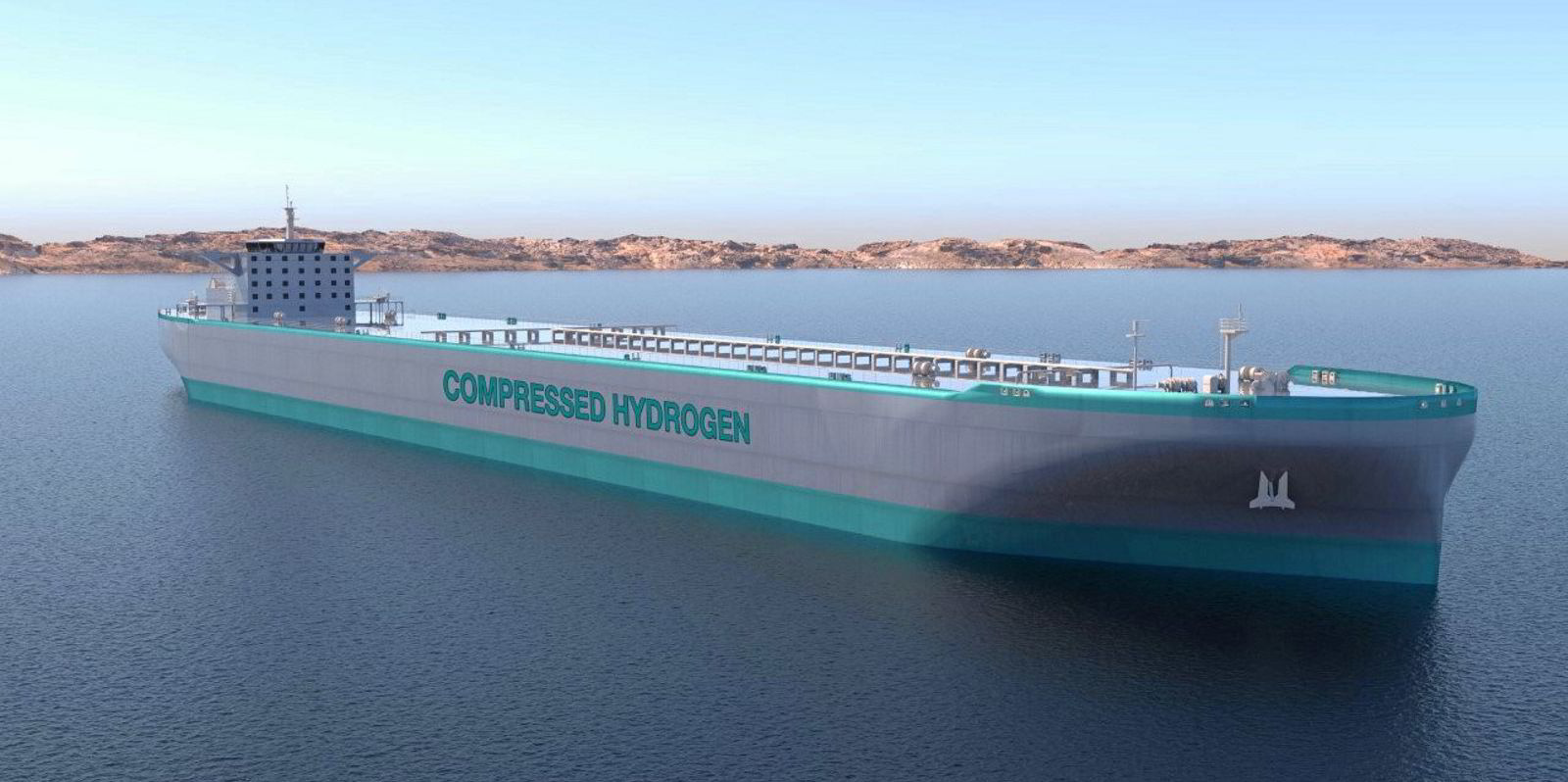The shipping industry can make big savings on infrastructure costs by zoning in on hydrogen as future marine fuel, according to Shell’s global head of shipping.
In an online forum held by the UK Chamber of Shipping, Grahaeme Henderson painted a bright outlook for hydrogen as the costs in developing its supply network could be shared among several industries.
“We see hydrogen as the fuel of the future … [because] most of the other industrial sectors are using hydrogen,” Henderson said on Thursday.
“If you look at aircraft, if you look at rail, look at road, even heavy industry, they're moving to hydrogen.
“It will be an available fuel and available around the world. Therefore, shipping does not have to pay all those infrastructure costs.”
Citing industry estimates, Henderson said it could take “trillions of dollars” to provide hydrogen in ports and terminals around the world.
Challenges ahead
To combat global warming, Shell is aiming to achieve net-zero emissions for its shipping operations by 2050.
Last year, the energy major stated hydrogen — either in the liquid form or fuel cell — has a better chance of success as a future bunker fuel than other zero-carbon options.
But many industry participants do not expect hydrogen to be commercially available in the short term due to safety concerns and high production costs.
Hydrogen needs to be produced from water through renewable-energy powered electrolysis to achieve a zero-carbon footprint in its life cycle.
Tristan Smith, an emissions expert at the UCL Energy Institute, said $400bn is required to build 50 gigawatts of electrolyser globally by 2030 to kick-start the use of hydrogen as bunker fuel.
“It’s going to have to transition dramatically,” he added.
While government funding is important initially, Smith said financiers would need to see more environmental regulations and “a convergence of opinion” among industry participants before backing such new bunkering projects.
He also expected shipping companies to partner with those in the power, aviation, fertiliser sectors and heavy industry as hydrogen could be their preferred fuel.
“Shipping needs to get into that conversation in a way that it hasn't at the moment,” Smith said.
Working with other industries
Other forum participants agreed developing zero-emission fuels would demand cross-sector collaboration.
“Each and every sector in each and every country is going to be facing transformational change all at the same time,” Frazer-Nash Consultancy’s sustainability lead Howard Lungley said.

“Some sectors are slightly ahead of the curve and some slightly trailing at the moment, but actually there is still a huge amount of change that's required in all sectors.”
Bud Darr, Mediterranean Shipping Co's executive vice president for maritime policy, said the industry would not be able to drive society-wide decarbonisation by itself.
Shipping companies risk losing its “fair share” of future fuel supply if failing to join forces with other sectors in developing zero-carbon infrastructure, he warned.
“Once we do get that scaled-up, it's not like we're the only people who need hydrogen or the derivatives from it. We're going to have to compete … in the marketplace," Darr said.






